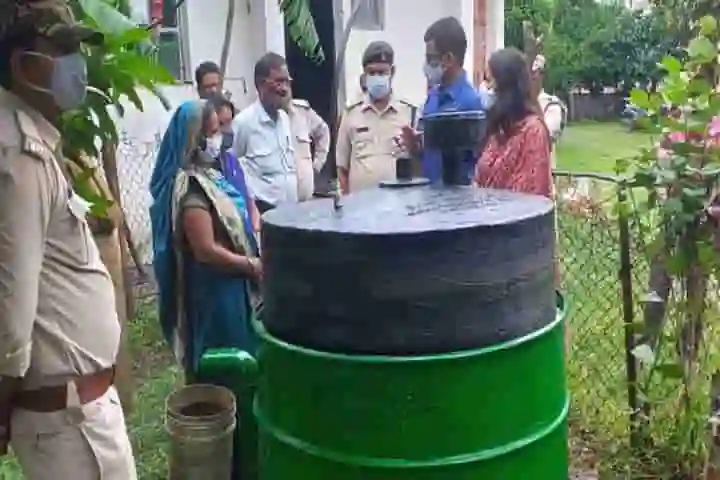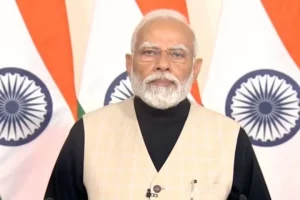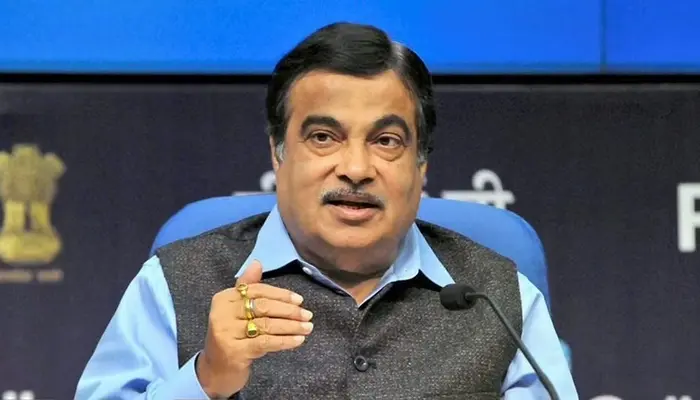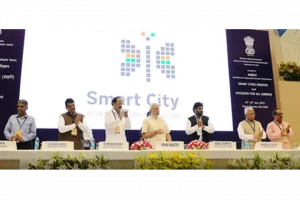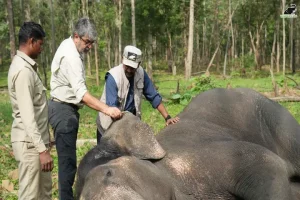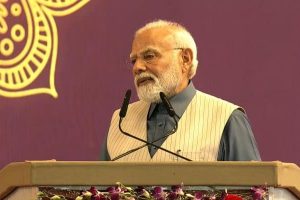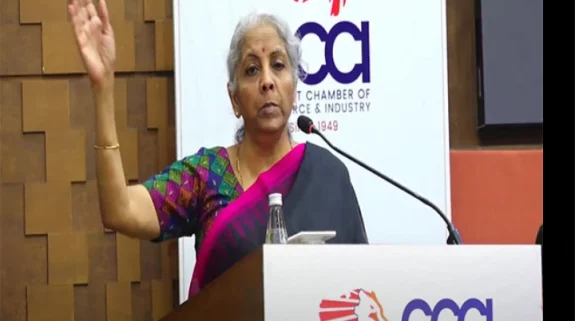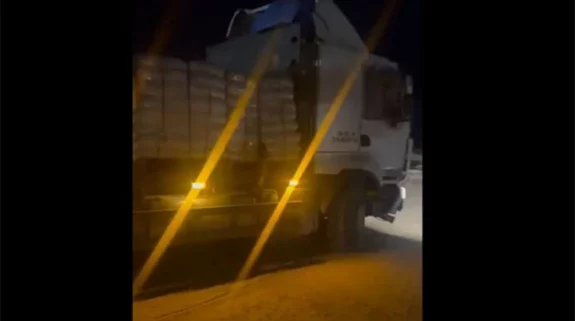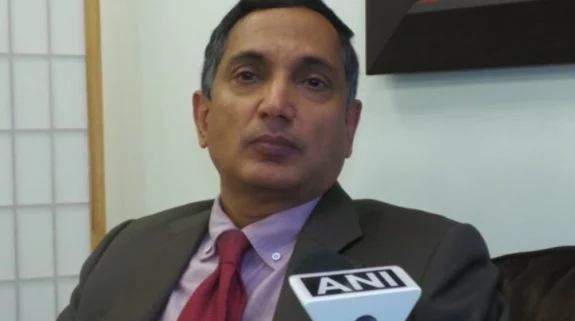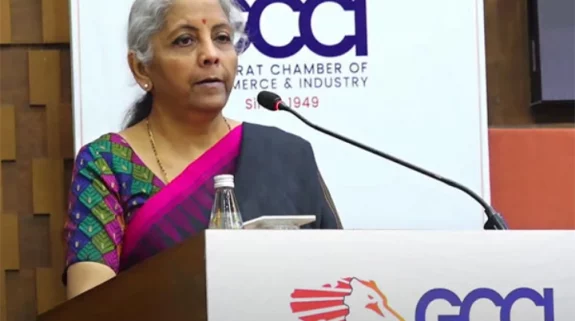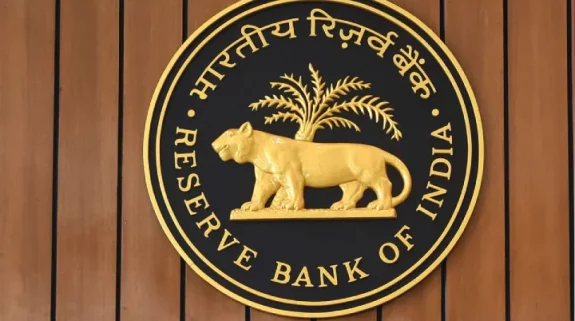While making an attempt to conserve the ecology and reduce carbon footprint, care needs to be taken to ensure that initiatives in this respect don’t add to pollution.
Something quite akin to this was witnessed by Indian Forest Service officer Anupam Sharma. During his visit to Maihar forest sub-division in Madhya Pradesh where the annual planting of 4.7 lakh saplings had taken place, he found plastic bags made of low-density polythene (LDPE) strewn all around.
This left him shocked and set him thinking. “The forest department had planted about five lakh saplings, and each of them came wrapped with a plastic bag. On one hand, we were working towards the cause of the environment, while on the other, about 5,000 kilos of plastic waste had accumulated because of us, with no legitimate way of managing it,” he was quoted in an article in The Better India.
The trainee sub-divisional officer was aware of the level of pollution and damage these plastic wastes could cause to the environment over the years. So he tried to find a buyer of this waste locally but could not. Not favouring incineration techniques he explored setting up a unit to convert the plastic into granules but that was not feasible.
However, his perseverance paid off and a scrap dealer was willing to buy the waste at Rs.12 per kilogram for recycling plants in Indore and Jabalpur. However, the waste had to be clean. “To ensure the same, the department conducted a demonstration to clean the plastic by rubbing off the soil, removing pebbles, twigs and other waste by washing,” shared Sharma.
The waste fetched the department Rs.59,000. More than the money it was prevention of pollution. “The carbon footprint of LDPE plastic is about 6kg CO2 behind every kilo of plastic. Thus, this initiative has effectively prevented around 30,000 kilos of CO2 emission,” Sharma told Better India.”
To use this money for the common good, Sharma was advised by his wife Bhavna, a solid waste management expert. Her guidance saw an old age home getting a biogas plant, installation of an oil presser machine and a spice grinder unit – all bought at subsidised rates.
Some needs of Maa Sharada Devi Temple Management Committee’s Old-Age Home are now met by the biogas plant, including making of morning and evening tea, with preparation of breakfast too on the cards as the gas production becomes consistent.
The oil pressing unit enabled villagers of Bareh Bada to extract oil from groundnut, linseed, mustard, sesame and soybean while providing them with leftovers for cattle feed. The grinder is to be used by the Tala village. “The unit will be used to make spices like cloves, black pepper, cinnamon, turmeric, chilli, coriander, cardamom, fenugreek and other Ayurvedic powders,” said Sharma.
Concerned about the detrimental effects on the ecology of untreated plastic generated during tree plantation drives, Sharma believes “such waste management models can make tree plantation drives environment friendly in the true sense.”






